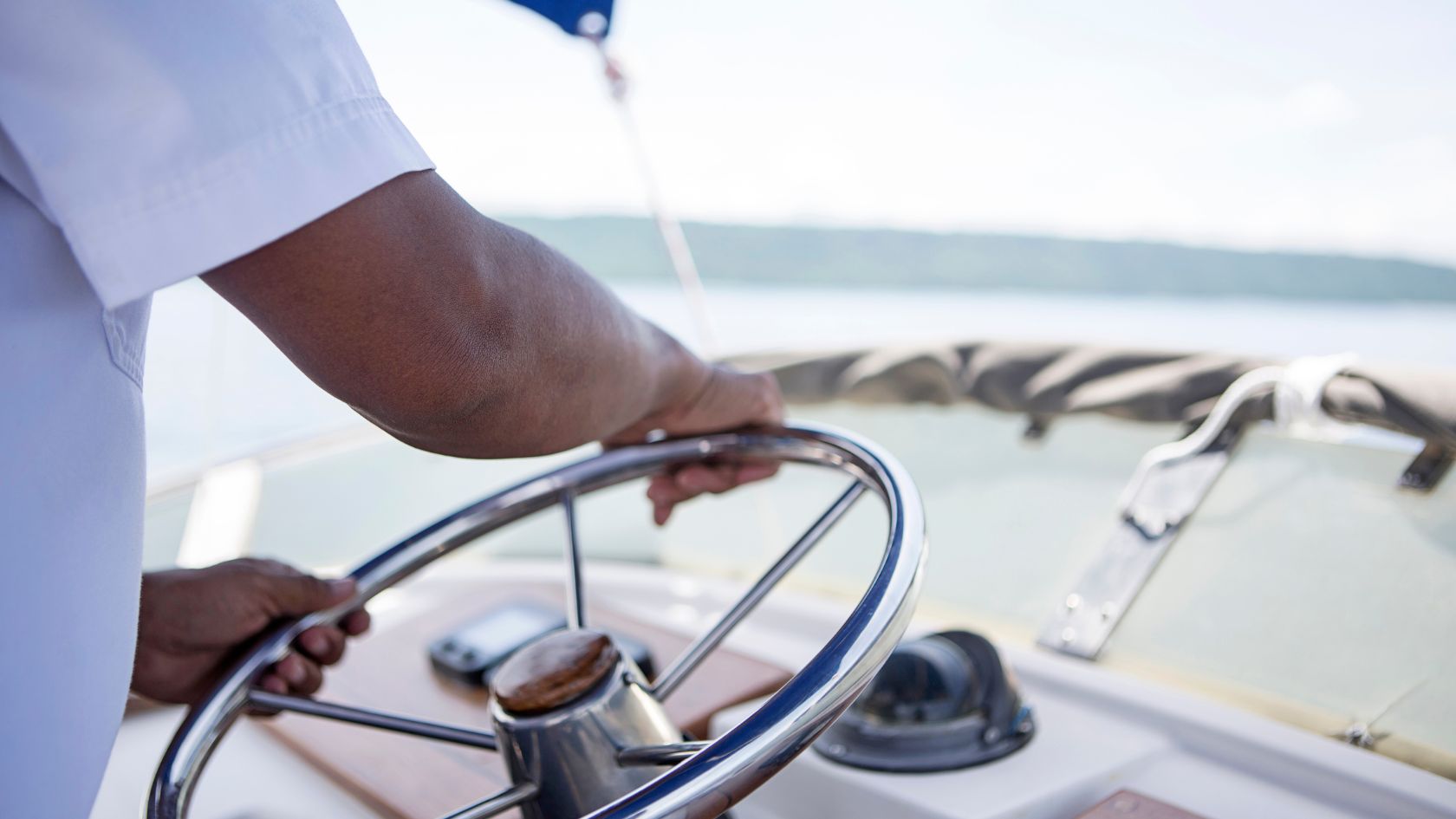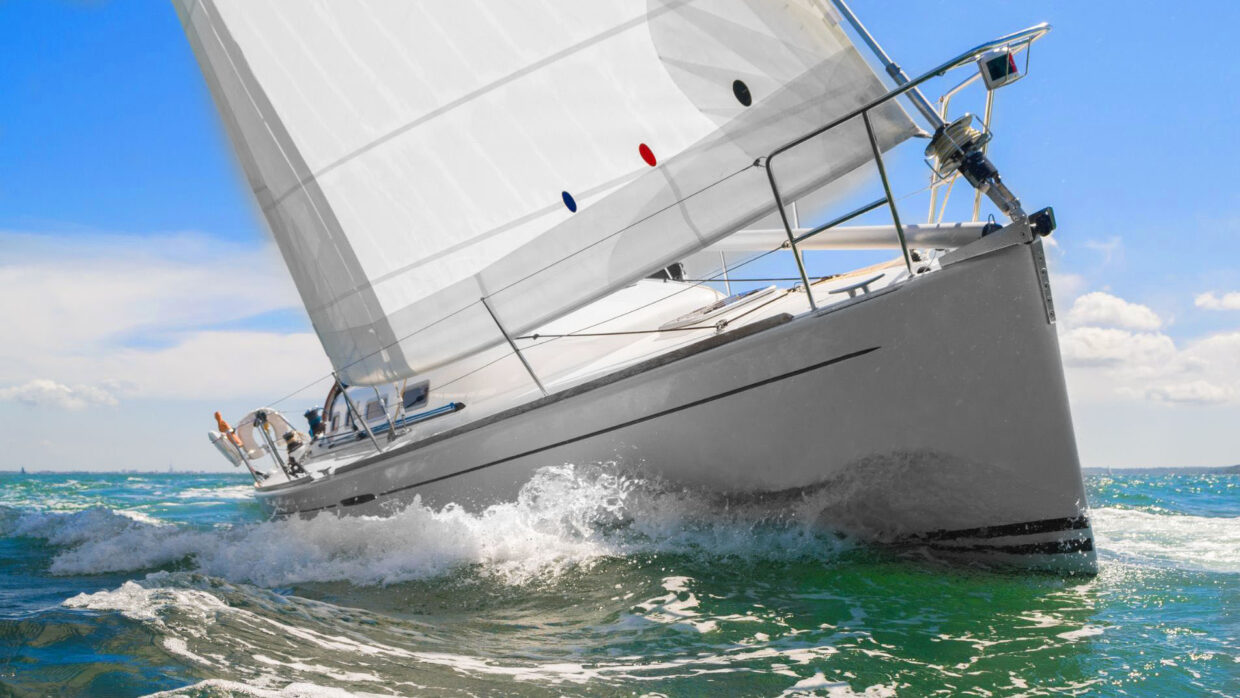As an activity, recreational boating is rapidly growing in popularity.
If you’re reading this post, it may be because you’re seriously interested in buying a boat. If this is the case, congratulations — the United States Coast Guard (USCG) estimates that by 2020, there will be 11.84 million boats registered in the U.S.
If you choose to pull the trigger, welcome to the club! But if you’re still on the fence about purchasing a boat, this primer on boating basics can give you more of the critical information you need to make an informed decision.
For this post, we researched surveys of seasoned boaters to find out what they wished they had known in advance before buying their first boat for leisure purposes. Below are some of the nuggets of wisdom they had to offer.

1. Invest in Quality Boating Gear
If you’ve never been boating before, you may not know what essentials you’ll want to have on board. Based on feedback from experienced recreational boaters, we know that a checklist is useful for ensuring that everyone has what they need for a fun day on the water. If you’re not sure what you want to put on your list, do some research on the web and talk to other vessel owners before you take your boat out.
2. Be Ready for Extra Costs
Having fun on the water is not a cheap pastime. You’ll need to pay for things like the boat itself, as well as a license, insurance, safety equipment, fenders, anchors, and more.
During the winter, where will you store your boat? During boating season, where will you keep your boat — on a trailer, at a marina, or at your own dock?
All of these considerations contribute to the overall price of owning a boat. Whether you purchase a new or used boat, the size of the boat, and a handful of other factors will affect how much money you need to spend on the upkeep of your vessel. Knowing all the direct and indirect costs of owning a boat is important for every new owner.
3. Figure out the Hull Type You Require
According to our surveys, if the responding boat owners had been given the opportunity, many would have paid closer attention to their hulls. But as with automobiles, the interior of the object was often the main attraction.
Seasoned boaters know that one of the most crucial parts of any boat is its hull — the component that sits below the water. The quality of the ride (smooth or choppy), the speed, and the maneuverability of a boat are all affected by the hull. Depending on what you want to do while you’re out on the water (and where), you’ll want to prioritize different types of hulls when you’re shopping for a boat.
For instance, when shopping for a fishing boat, it’s important to consider whether you plan on fishing in the ocean (saltwater) or on a lake (freshwater).
4. Routine Boat Maintenance Is Crucial
Keeping your boat in excellent shape involves regular maintenance, much like keeping your automobile in good running order. The condition of your boat, engine, hull, and electrical cables, among other items, will determine the amount and type of maintenance you’ll need to do. The maintenance requirements for a boat can vary widely depending on whether it’s kept in saltwater or freshwater.
According to survey respondents, many owners would have benefited from better information regarding upkeep requirements before purchasing their boats. For instance, there are maintenance actions that should be taken every time you take your boat out, as well as those that should be performed on a monthly and yearly basis. Once you learn what type of maintenance your boat requires, it will be cheaper to own and last longer, according to multiple seasoned boaters.
5. Learn the Basics of Knots and Knot Tying
Recreational sailing requires a number of skills, one of which is the ability to tie knots securely.
No matter how much or how little experience you have on the water, knowing how to tie the proper knots is essential for your safety and security.
The sheer variety of knots available can be intimidating for new boat owners. Fortunately, knot tying is a fundamental skill that’s taught in many boat safety programs.
6. Practice Anchoring
Many of those who participated in the surveys expressed regret that they hadn’t learned how to anchor their boat before purchasing it. Anchoring is a crucial part of boating; thus, it’s important to have the right kind of anchor and to know where and how to drop it — and under what circumstances.
It requires expertise and experience to set and raise an anchor. Knowing the best places to drop the anchor — taking into account the weather, the direction of the wind, and the length of time you want to leave your boat anchored — is important knowledge to have.
7. Familiarize Yourself With Nautical Law
Do you remember the day you finally became a licensed driver? Driving regulations were something you had to study. The same holds true for boating; there’s a new set of rules, customs, and information that everyone needs to be aware of.
If you care about safety, learning the rules (specifically those known as “The Nautical Rules of the Road”) before you launch your boat is essential. The BoatUS Foundation provides guidelines for safe boating. A few of our surveyed boaters also benefited from attending a course on water safety. Additionally, it’s a good idea to research the boat licensing and insurance requirements for your state.
8. Practice Docking Your Boat
As a boat owner, you need to be familiar with the art of docking. Just like when you park your automobile, this is a crucial element of operation. When docking, you should take precautions to ensure the safety of your guests and to prevent damage to your boat and the pier. Mastering the art of boat docking requires time, effort, and study.
9. Get Your Boat Trailer Ready to Go
A good hitch and an appropriate boat cover are essential if you plan on trailering your boat from a storage location to the water (which is definitely recommended for boats under 25 feet in length).
Covers prevent your boat from becoming scratched or dented while in transit by protecting it from passing objects, debris, and other potential hazards.
According to the findings of our surveys, boat owners who had never previously trailered their vessels desired more information and guidance on this practice. To find out what kind of trailer is ideal for your car and how towing a boat works, consider doing some web research on these topics.
10. Make a Winter Storage Plan
Even if you want to leave your boat in the water in the colder months, you’ll need a plan to store it if you live in an area where snow is common. Storage is an annual expense that needs to be taken into account within the total cost of boat ownership.
Summary of Important Factors to Consider Before Purchasing a Boat
To sum up, here are a few questions to consider when thinking about purchasing a specific boat:
1. How much does it cost to operate the boat?
2. Can you describe the service requirements for the boat?
3. What kind of anchor would work best for the boat?
4. Is the boat suitable for the kinds of trips you desire to take?
5. How easy is it to dock this type of boat?
6. How should you best store this type of boat?
7. What type of trailer do you need to move the boat?
If you can answer all these questions satisfactorily, you may be ready to become a new boat owner — in which case, get ready to have some fun days out on the water!




